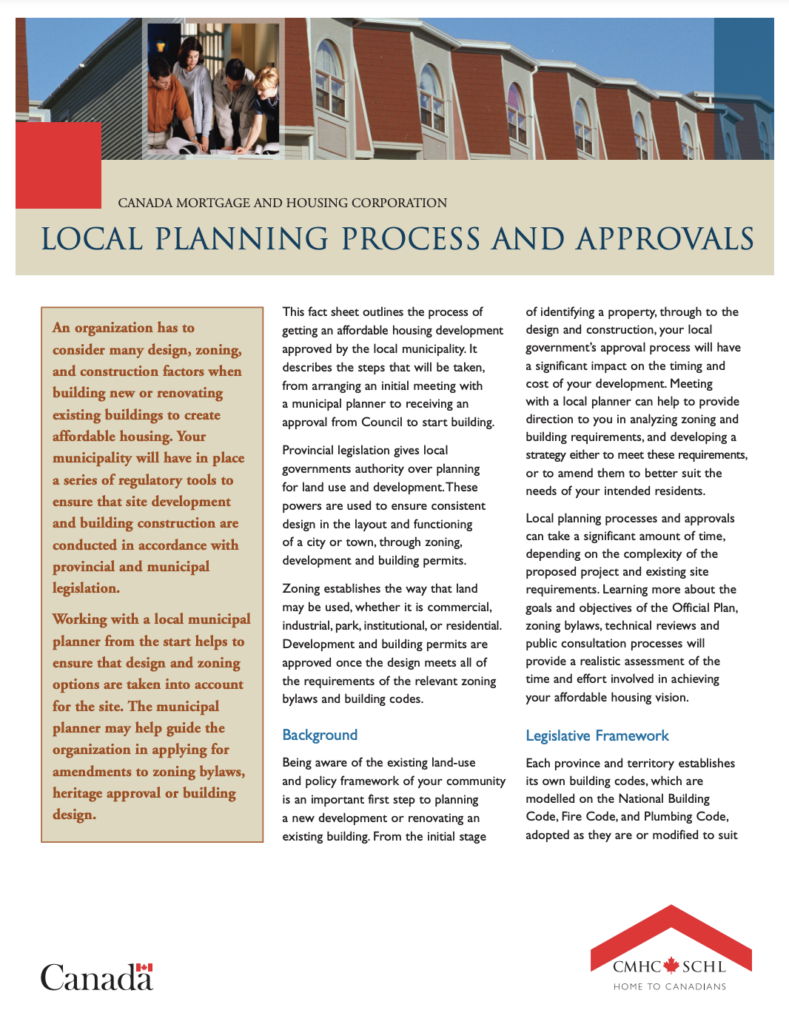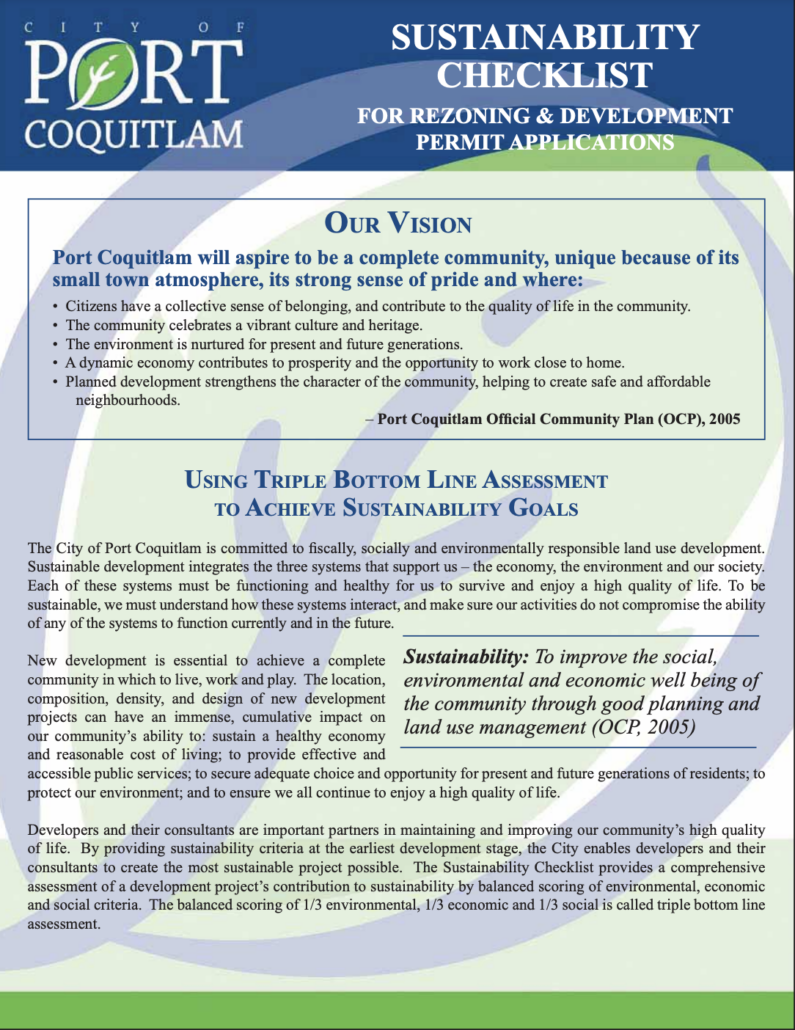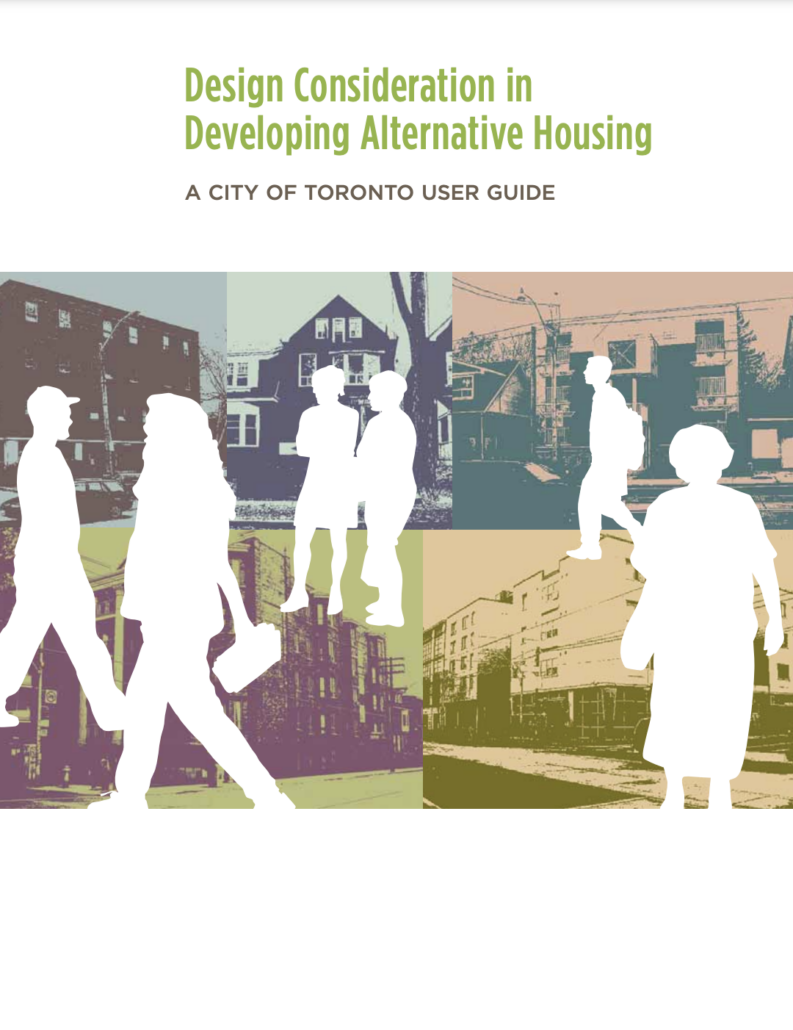Searching for a site – where to look!
A general list of categories to explore
Privately-owned properties: Sites that are on the market, found through real-estate brokers.
www.realtor.ca
www.centris.ca
Tax Sale Properties: Occasionally Revenu Quebec will liquidate pieces of property -that have gone unclaimed (from inheritance, safety deposit boxes, successions etc.) or that may have significant outstanding taxes owed- at public auction.
www.taxsaleshub.ca
Foreclosed properties: Foreclosures are rare in Canada, if they do occur most private banks will list these “real estate-owned” (REO) properties that they are trying to sell to recover their mortgage.
*Foreclosure is triggered when an owner is in default on their mortgage, meaning they have missed 4 or more payments and the lender has gained court permission to start the foreclosure process. If the owner can not catch up on mortgage payments within the redemption period then the court will either grant a final order of foreclosure or final order of sale. The former means the property title will be transferred into the name of the lender and the property can be sold in a usual fashion, the latter means the property will be sold under court order in a judicial sale which are listed in the public Sales Register.
Judicial Sale: Occur more frequently than foreclosures in Canada, but are still infrequent, these sales are public auctions of properties that have been seized or hypothecated.
Sales Register
Religious properties: Religious institutions may have surplus properties such as convents or parochial schools that can be sold or leased to non-profit sponsors. This source can be attractive since they are likely to support the mission of sponsor organizations, and may sell at below-market prices.
West Island Network
Municipal land banks: In favourable market conditions, municipalities can buy land on the market and bank it for future use. Local municipalities also own land that is often underused (e.g. parking lots) that can be reserved for social housing purposes.
Municipal land expropriation: Under Quebec planning act there are several conditions, like vacancy and deterioration, for which a municipality can expropriate an existing building. It can then sell it to non profit organizations or local housing offices for social and community housing purposes. In general terms, the Expropriation Act authorizes governments to expropriate any property for public purposes and there is growing consensus that non-profit, community housing should be indeed considered as such.
Factors to consider in site selection
Scale
The size of the proposed development is very important as it should relate to the level of need for the housing identified in the community, this is something to consider when shopping around for sites. The size of the proposed development should also fit the contextual scale of the neighbourhood, so how you will blend your project into the neighbourhood (through design, height, density etc.) is another consideration.
Location
Public transportation, neighborhood amenities, community-based services, day-care, schools and general security are things to keep in mind when considering the location of a potential site.
Acquisition or lease costs
The cost of acquiring a development site is often the make or break factor to selecting a site. The purchase price must allow the project to be feasible, this requires a thorough understanding and analysis of your financials before moving forward with any acquisitions. Check our feasibility checklist for further information.
Zoning considerations
Does the proposed project fall in line with the community’s municipal development plan and land-use bylaw? This needs to be considered since so much time and energy goes into these proposals and if it doesn’t will it be possible to rezone the site to make the proposal work?
Community acceptance
Will community acceptance be a challenge for your project? Is there a history of NIMBYism in the area you are looking at? Will you need to perform community consultations as part of a rezoning requirement and will that cause delays in accessing permits or approval from council?
Development
Steep terrain, flood plains, wildlife corridors, protected biodiversity greenspace are all development constraints that can be researched when considering a site. Availability of services like roads, water, electricity, sewer lines and all their servicing agreements are other considerations to look up before buying property.





